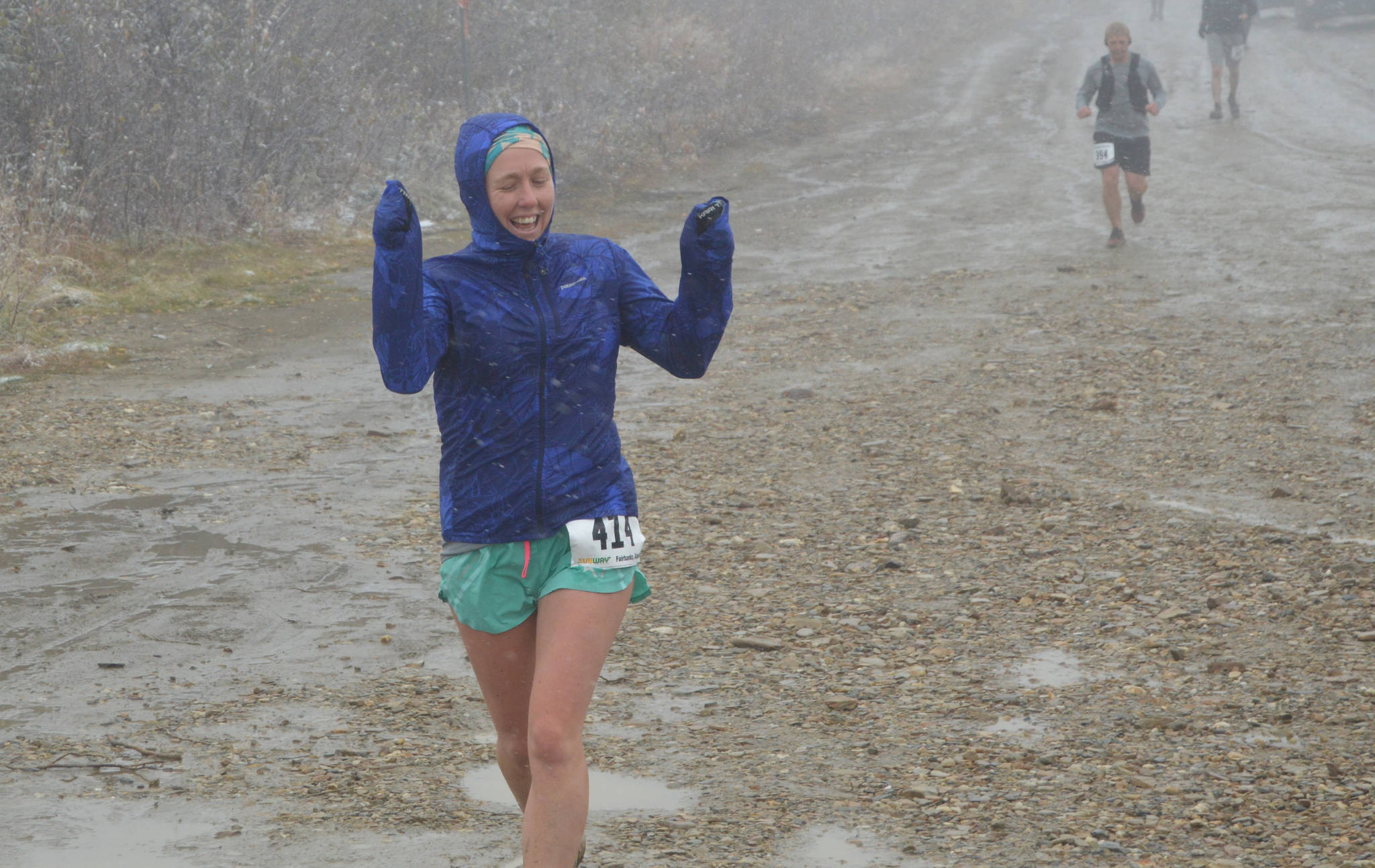I’m always looking for the right answer, the right way to do things. I manipulate my Google searches over and over, to find the hidden website that will give me the exact information I need to insure me that everything is going to be OK if I just do it this exact way.
Sometimes my searches glean better results than others. I’ve found more success with “how to change a car alternator” or “what is the best health care option” than “how to tell someone you love them” or “do I have a cold or is this cancer?”
My most recent search was “how to find your own Google searches.” See how well that one turned out?
After searching online for months for the perfect training plan, I ran my first marathon at the end of September. I felt a big sigh of relief afterward, all those half-ignored, half-followed training plans kind of worked and I had done something I never even thought was possible for me.
I went from dreading a mile-long run on a track in high school to running 26.2 along roads, trails and up mountains in Fairbanks. I accomplished the goal, checking a marathon off of my constantly shifting life to-do list, and it made me proud and happy.
So it was a big surprise two weeks later when I found myself searching “why don’t I want to run anymore” and “depression post marathon.”
And, as with most things on the internet, it turns out I wasn’t alone.
I found some relevant articles from under the covers of my bed at 4 p.m. on a perfectly sunny Sunday afternoon I would usually have spent running.
“Depression Signs — Post-Marathon Blues.”
“Why you feel down after running a marathon.”
“Post-Race Depression.”
Runner’s World does a good job of explaining it.
“Indeed, thousands of runners feel this post-race depression each year. And for good reason. It’s really tough to suddenly shift from a four- to six-month training plan back to the routine of everyday life without something big to look forward to or drive you. The higher your emotions soar on the day of achievement, the lower you tend to feel afterward.”
So now, I know what’s going on but there was no result that told me, “Kat this is exactly what you need to do to get out of your funk.”
Looking at the litany of Google searches I’ve done over the past month shows that I’m not searching for an answer, I’m searching for confirmation of what I already know.
I’m a goal-oriented person. In a sport where I’m not going to be winning anytime soon, I set progressively harder running goals to keep me motivated. I wanted to run the Equinox Marathon in under five hours, and I came in at 4:59:20. I made it, barely, so now what?
Yes, I plan on running the race again next year. Yes, I plan on running more races between now and then. I’m actually signed up for a 5-mile race in New Jersey in a few weeks, but I’m at a place where it’s so easy to ask, “What’s the point?”
And when I put that phrase into Google, the results get philosophical quickly.
I’ve run 5 miles before, though, and I’ll run it again. So, what makes this race special? It’s not like I’m doing anything new, breaking any ground. It’s not like I’m going to win.
I’m feeling blue because I don’t have that big, milestone race ahead of me. Instead, I’m going to run a distance I’ve run before. I’ve already checked that box, so why does it matter?
I have to make it matter, by making a new box that pushes me to run five miles better, faster and stronger than the last time I ran five miles.
If only Google would tell me, “Kat, run it faster and better than you did before.”
That’s hard, though, and I’m scared I can’t put in the work that it takes to run any faster and stronger than I do now.
But I just found a list of the “10 Secrets to Running Faster” online and I’m tired of feeling down, so it’s time to get to work.


